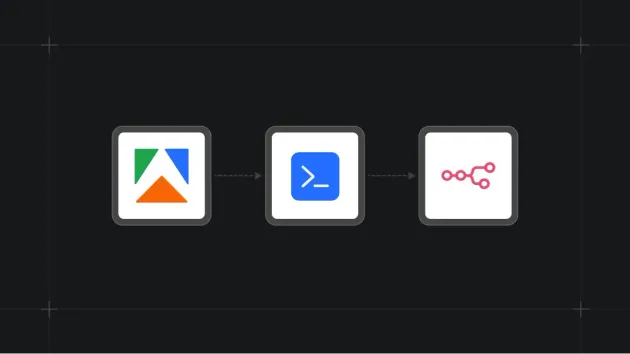n8n Workflow Template Scraper
Pricing
Pay per event
n8n Workflow Template Scraper
Automate n8n.io workflow template collection with this Apify actor. Scrape by category (AI, Marketing, DevOps), sort (relevancy, popularity), & get detailed structured data. Fetch importable JSONs for direct n8n use. Ideal for developers, automation experts & businesses.
Pricing
Pay per event
Rating
5.0
(5)
Developer

Muhammet Akkurt
Actor stats
36
Bookmarked
328
Total users
5
Monthly active users
14 days ago
Last modified
Categories
Share


